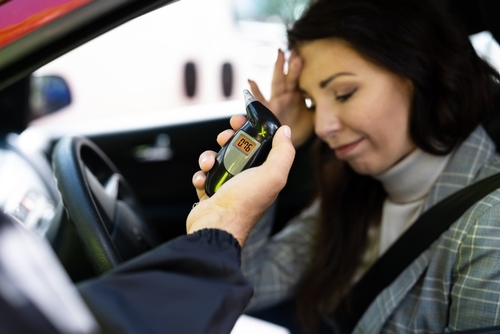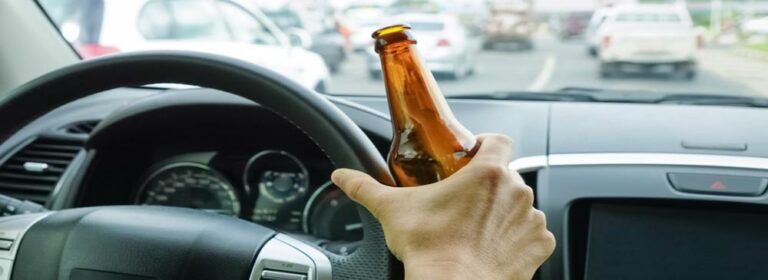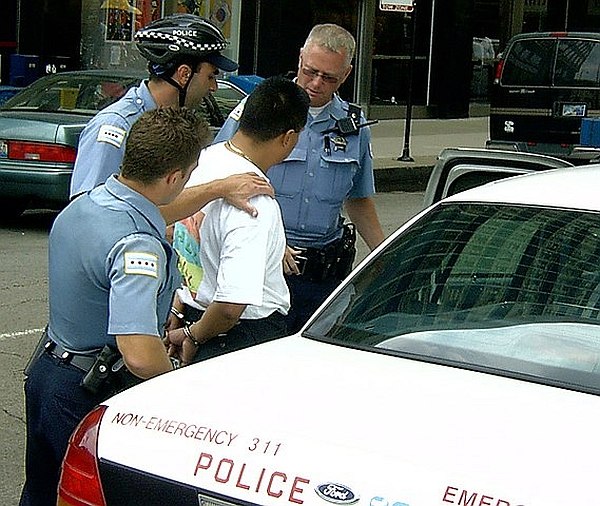Being asleep in your car is not necessarily an offence. In Indianapolis, drowsy driving, or driving while sleepy, is an impaired driving case. Incidents involving fatigued or drowsy drivers can be complicated since a device cannot measure sleepiness. Legal authorities and insurance companies try to determine the extent and the cause of drowsiness.
Often, alcohol or other substances can be the cause of drowsiness. That is why some may believe that drowsy driving may also come under the category of Driving Under Influence. But that is not always the case. Before hiring the best DUI lawyer near me, read on as we explain drowsy driving laws and rules and how they can sometimes correlate to DUI.
What happens when a driver falls asleep behind the wheels?
If a driver falls asleep while driving, leading to an accident or a close call, the authorities who investigate the scene will first try to determine the cause of the driver’s impairment. They will test for Blood Alcohol Content (BAC) to check if the driver is driving under influence. If their BAC is higher than the permitted 0.08%, the driver will be charged for DUI regardless of whether or not they fell asleep while driving.
But if the BAC is below the limits, the authorities will try to determine the cause of fatigue. Driving while sleepy is considered just as dangerous as driving under influence. So, the driver will be held responsible for the incident and may need to pay for damages caused due to the accident. The best course of action is to avoid driving when fatigued in the first place.
Why is drowsy driving considered just as dangerous as DUI?
When a person is sleep-deprived, their motor functions and cognitive abilities are also impaired. Even worse, they go into microsleeps, where the body automatically falls asleep for a few seconds. It is easy to realize how anyone driving under these effects of fatigue and sleep deprivation is likely to cause an accident.
Knowing the risks of driving while sleepy and still choosing to do so implies a lack of concern over the safety of oneself and others. That is why it is considered just as dangerous as driving under influence. The 2022 Indiana Driver’s Manual states that “16.5% of all fatal motor vehicle crashes involved a fatigued driver”.
What are the reasons for people to drive while sleepy?
Here are some common reasons why drowsy driving accidents occur:
- Driving under influence: As explained earlier, alcohol and other intoxicating substances can make the driver sleepy.
- Sleep disorders: Some drivers may have disorders such as sleep apnea which makes them prone to falling asleep while driving.
- Driving due to emergency: Some people may be driving when sleepy due to some urgent situation such as a medical emergency.
- Driving after night shifts: People who work night shifts have a higher risk of falling asleep when driving back home after the shift ends.
- Young demographics: Teens and adults below 30 often have irregular sleep schedules. This demographic has a higher chance of falling asleep behind the wheels.
- Senior drivers: Old-age people are not as active and alert, so they are also likely to fall asleep when driving.
Will I be charged with DUI in Indianapolis if I’m driving while sleepy?
When an accident occurs due to a drowsy driver, they are not always charged with DUI in Indianapolis. As explained earlier, the driver will be tested for BAC, and if the limit is higher than permitted, they will be charged with DUI.
If their BAC is within limits, they will still be liable for impaired driving and have to compensate for the damages. Depending on the nature of the accident, the expenses can get high. Even though drowsy driving isn’t always charged with DUI, it is still dangerous and not worth the risk.
Avoid drowsy driving in Indianapolis
The best solution for drowsy driving is not to do it in the first place. If you feel sleepy, park the vehicle right away. Take a nap then, and it is possible. But if you have to get somewhere, here are some other alternatives instead:
- Get a cab if you’re feeling sleepy. You can park your car somewhere and come back for it later.
- Call someone to pick you up. Tell them you cannot drive due to fatigue and ask them to come and take the wheels.
- Don’t get behind the wheels at all if you haven’t slept for long hours.
- Check the effects of your medications. If some of them are known to cause drowsiness, avoid driving as long as you take them.
- It goes without saying but do not drive under the influence of drugs or alcohol.
- In any such cases where you are sleepy but have to travel, get someone else to drive.
- Consult a doctor if you have sleep disorders and whether it is safe for you to drive.
Knowing the risks of drowsy driving, it is clear that it puts the driver and other people in danger. That is why it must be avoided beforehand.
Be alert about drowsy driving
No matter how urgent things are, driving when sleepy in Indianapolis is never worth the risk. Not only does it put you and others in danger, but a possible accident can also put you in a financial crisis. Be alert to the symptoms of drowsiness and fatigue. If you are showing obvious signs such as yawning, stretching out your arms, struggling to keep your eyes and focus on the road, etc., then it’s time to get off the road immediately.
In serious cases, if accidents caused by drowsy drivers cause death or serious injuries, the driver could be held liable for it, resulting in severe legal action. Be aware of these risks of drowsy driving, and never get behind the wheels when you feel tired, fatigued, or sleepy. And if you somehow find yourself in one such situation, it is highly recommended to consult an Indianapolis, IN, criminal defense lawyer.









